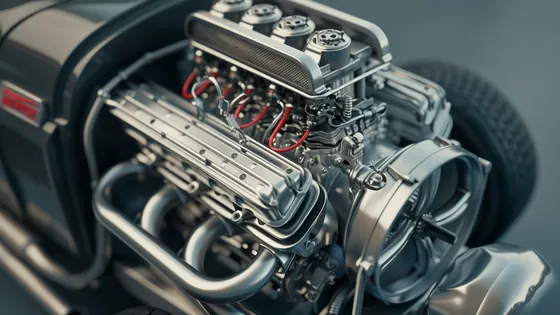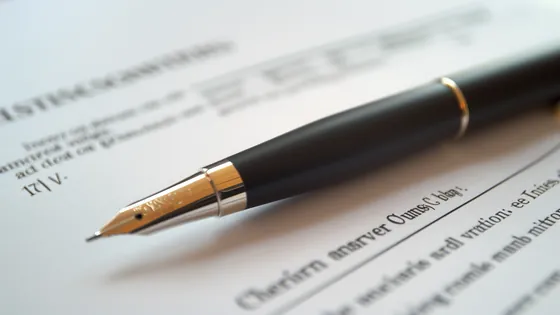The possession of an automobile entails a considerable degree of obligation that reaches far beyond mere utilization, involving the need for continuous upkeep. Diligent focus on maintaining the vehicle plays a pivotal role in ensuring its reliable and efficient operation over an extended duration. Failure to adhere to regular maintenance can result in significant costs for repairs, reduced fuel economy, and increased safety hazards. Therefore, to guarantee the seamless functioning of one's vehicle, we offer a wide array of suggestions for thorough maintenance.
Administration of Engine Oil
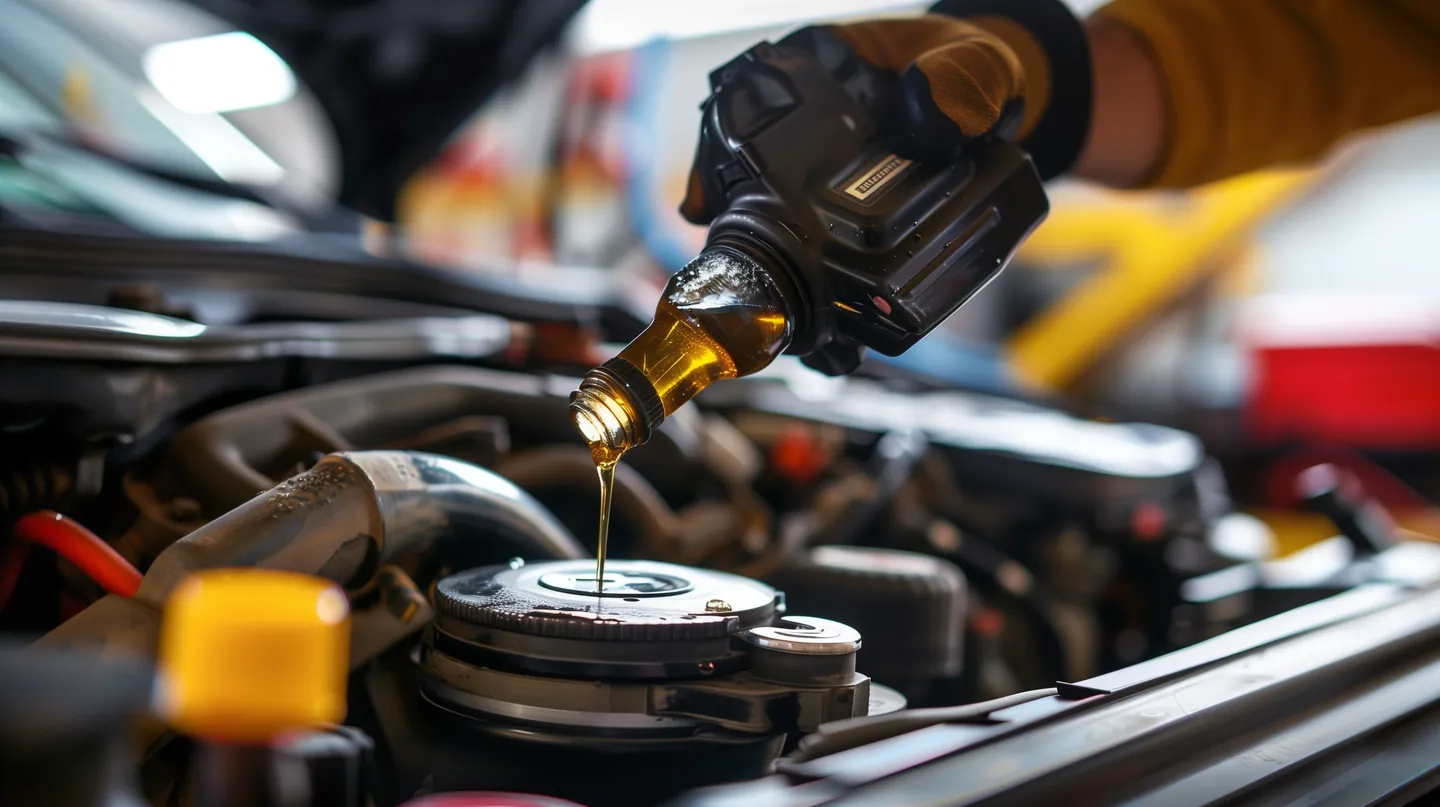
Regular examination and replenishment of the engine oil are imperative. This substance are crucial for the appropriate operation of the engine, as it lubricates the moving parts, thereby minimizing friction and subsequent wear. As time elapses, the effectiveness of the oil decreases, necessitating its renewal. It is recommended to replace the oil every 7000-15000 kilometers, or following the instructions provided in the vehicle's manual. Consistent oil changes contribute to the durability and effectiveness of the engine.
Regulation of Tyre Pressure

Maintaining the appropriate tyre pressure is of utmost importance. The correct pressure level significantly impacts the vehicle's handling, fuel economy, and safety. Insufficient pressure can lead to increased fuel consumption, compromised vehicle control, and premature tyre wear. Conversely, excessive pressure can degrade the quality of the ride and reduce traction. It is recommended to monitor tyre pressure at least once a month and adjust it based on the recommendations provided on the tyre sidewall or in the vehicle's manual.
Replacement of Air Filters
Regular replacement of air filters is essential. These filters safeguard the engine from contaminants such as dust and dirt. As the filter becomes clogged over time, its efficiency diminishes. Periodically assess the condition of the air filter and replace it at the appropriate intervals, typically every 10000-15000 kilometers or annually, whichever comes first.
Maintenance of Spark Plugs
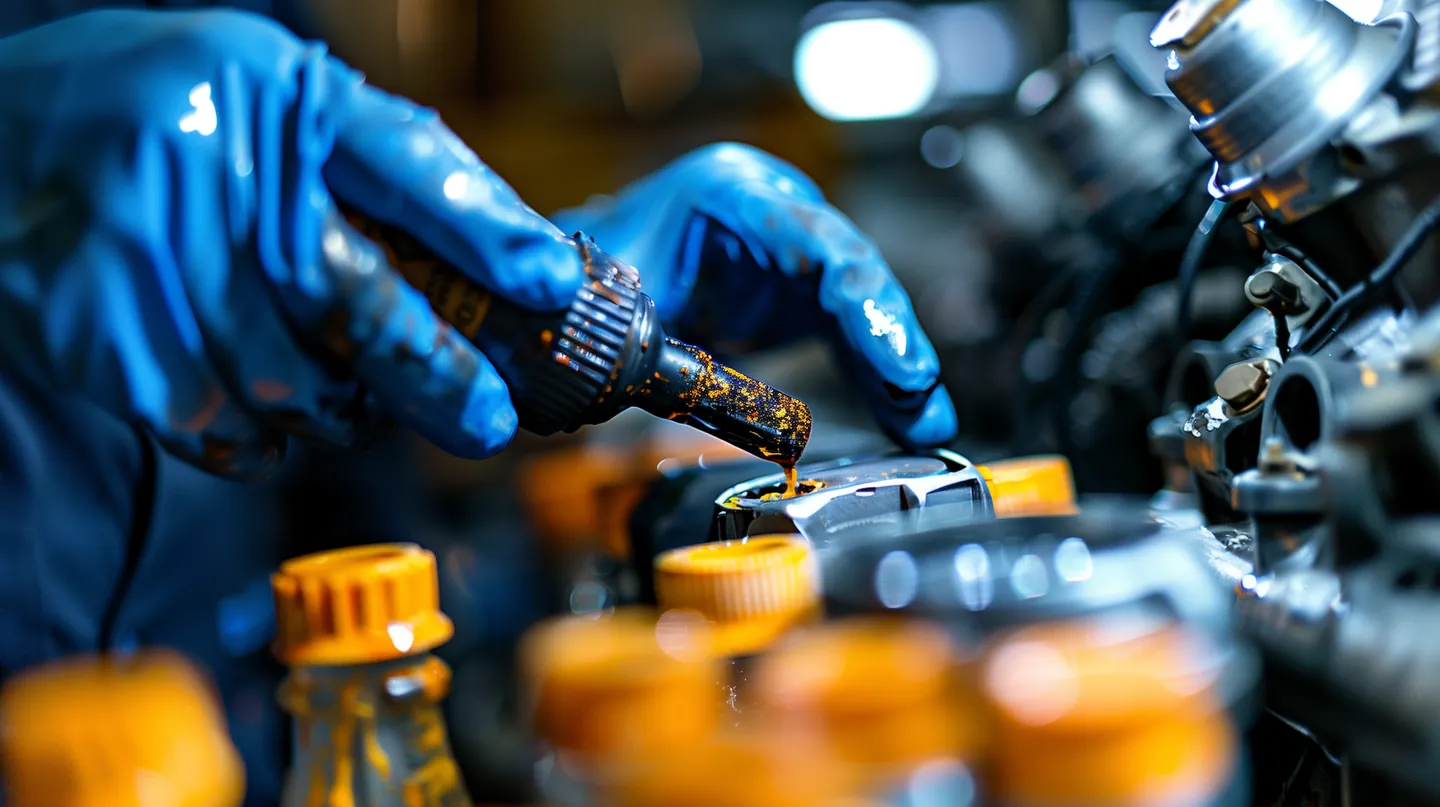
Monitor and service the spark plug system regularly. Spark plugs are crucial for igniting the fuel in the engine and facilitating combustion. These components degrade over time, becoming less effective. Conduct regular inspections of spark plugs and replace them when necessary, typically every 45000 kilometers for standard plugs and 120000 kilometers for iridium plugs, or as advised in the vehicle's manual.
Ensuring Vehicle Cleanliness
Maintaining the cleanliness of the vehicle not only enhances its appearance but also safeguards its body and components from damage. Regular washing and waxing help prevent rust and protect against pollutants.
Attentiveness to Warning Indicators
Take warning lights seriously. Dashboard indicators are designed to alert the driver to potential issues. Ignoring these warnings can lead to costly repairs and safety concerns. Address any illuminated indicator immediately or seek professional assistance.
Checking the Brake System
Regularly inspect the brakes, as they are critical for safety. Routinely examine the brakes for wear and listen for any unusual sounds or vibrations when braking. Consult a professional for thorough inspection or servicing if necessary.
Monitoring Battery Condition
Monitor the status of the battery. The battery is essential for starting the vehicle and powering its electrical components. Regular checks are vital, particularly if signs of a failing battery, such as slow starts or dim lights, are observed. Batteries older than three years should be inspected or replaced as required.
Inspection of Belts and Hoses
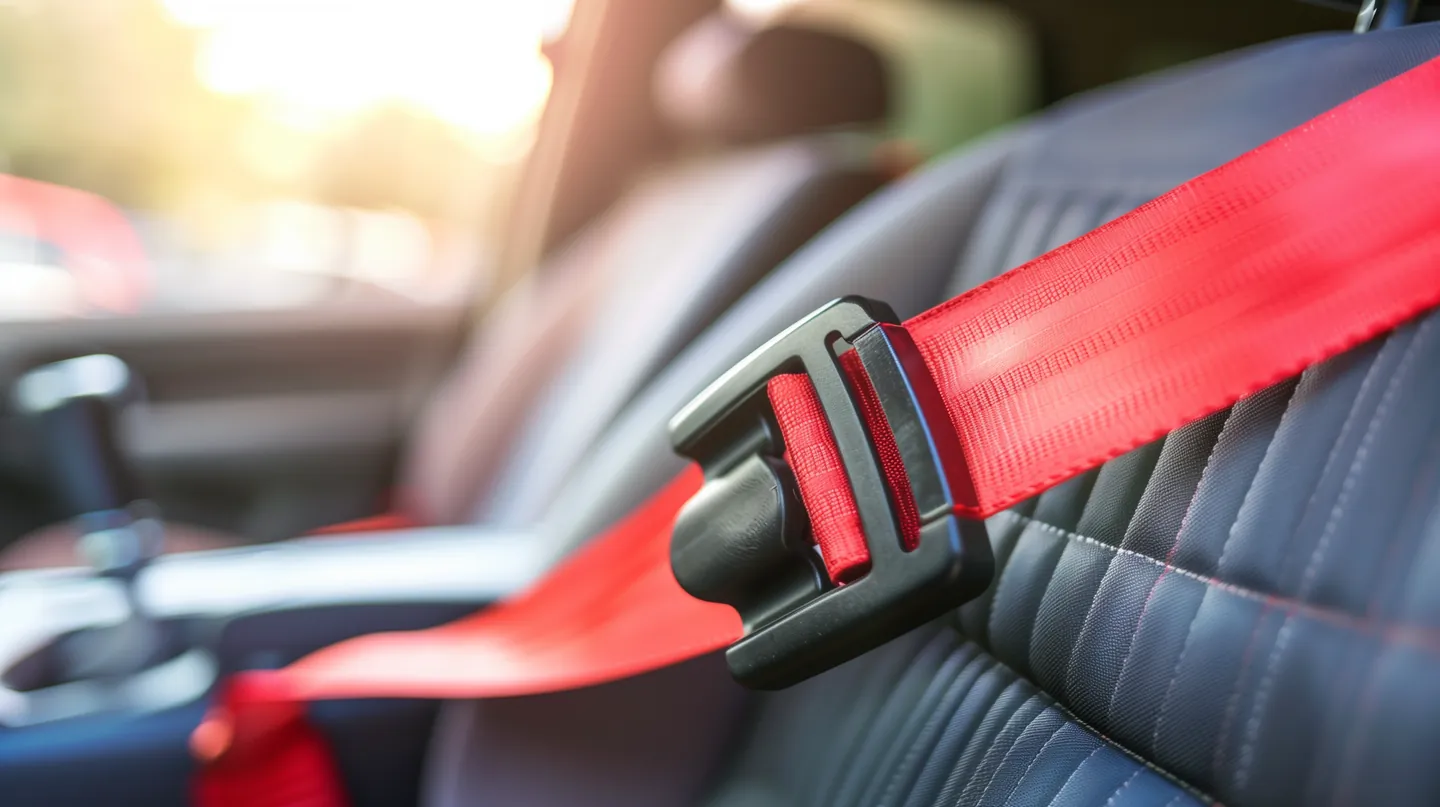
Inspect belts and hoses for signs of wear or damage. These components are essential for the proper operation of the vehicle's systems and can lead to issues if they fail. Regularly inspect them for any indications of deterioration and replace them as needed.
Adherence to Maintenance Schedule
Follow the maintenance schedule outlined in the vehicle's manual. This schedule specifies when various parts of the vehicle require inspection or replacement, and adhering to it can prevent potential issues and ensure smooth operation.
Utilization of High-Quality Parts and Fluids
Always utilize high-quality parts and fluids that meet the specifications of the vehicle manufacturer. The use of substandard materials can impair the vehicle's performance, fuel efficiency, and cause damage.
Practice Safe Driving
Operate the vehicle responsibly. Safe driving practices aid in preserving the vehicle's condition, avoiding excessive wear on its components, and ensuring its continued good condition without placing undue strain on the engine or other systems.
Conclusion

In conclusion, comprehensive and consistent maintenance is crucial for the longevity and efficient operation of a vehicle. Regular oil changes, maintaining appropriate tyre pressure, timely replacement of air filters and spark plugs, alongside keeping the vehicle clean and adhering to a maintenance schedule, are essential aspects of vehicle maintenance. Following these practices guarantees that the vehicle remains dependable and efficient, providing many years of service.



